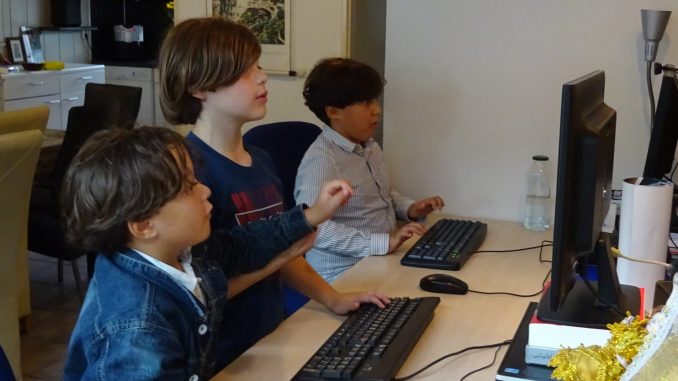
Published in El Pais and Los Tiempo, 17 October 2020.
Since the school year was closed in Bolivia, the government has not announced any strategy to continue education in 2020. Almost two million children and adolescents were left without the opportunity to receive an education. Public schools have around 70% of the school population and almost none of them are continuing with education since mid-March this year. Private schools (30%) have also closed, but, unlike public schools, many parents have organized together with schools to continue online education.
The President indicated that no one should worry because everyone would pass to the next school year with only having completed six weeks of classes (February to March). The concern here is basically the right of access to education and knowledge. Despite the Tupac Katari satellite, internet access is only by fiber optics and in cities. Also, many students do not have access to a computer and Internet. Access is only possible through expensive phone connections, which have not been made free for the student population despite COVID-19.
Education is not given priority even though many activities are already normal in Bolivia. They could also have restarted the face-to-face education activities with the corresponding distancing dividing the classes and attending with different schedules or days. Despite having a 50% education, you could continue with something. The danger of having children and youth out of school is great. Domestic violence, forced child labor, etc. According to reports from the Bolivian prosecutor’s office, between January 1 and October 15, 2020, 83 femicides, 45 infanticides and 352 rapes of children were registered in Bolivia. But it is also the potential loss to the national economy because parents from home must work under greater pressure since they need to mitigate the lack of school at home which represents time that parents cannot dedicate to economically productive tasks.
There are many ways to get our education back this year, even with part-time face-to-face classes. It is important to promote education as a priority and society must ask for it.



Be the first to comment